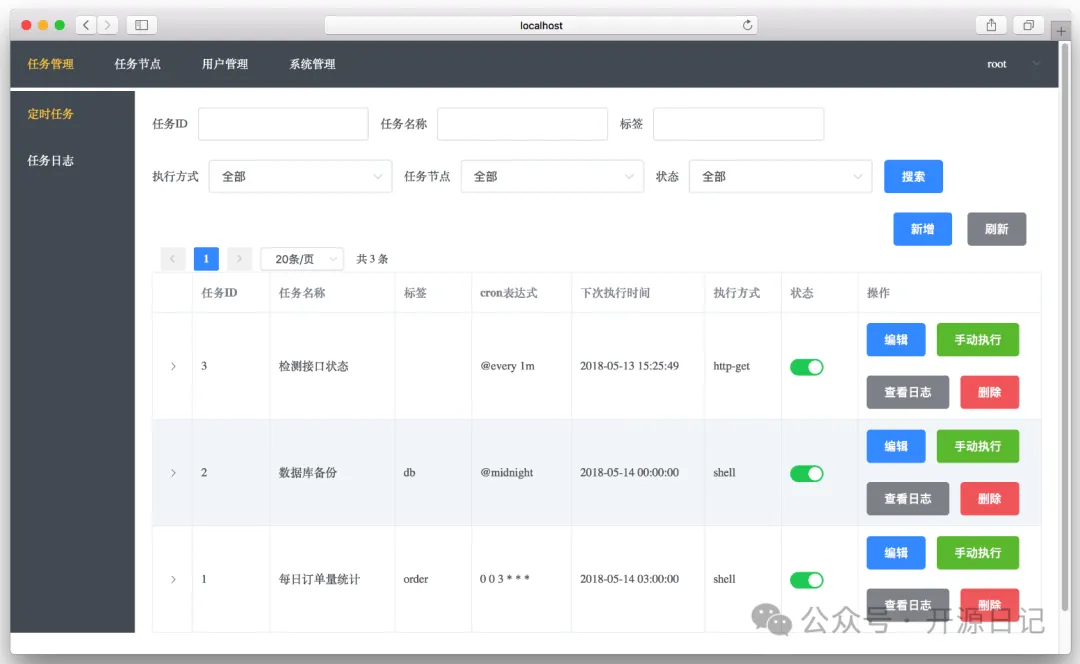有关于使用Atom进行Python开发的网上资料比较少,最近发现使用Atom结合Hydrogen插件进行Python开发,尤其是数据挖掘相关的工作,整体体验要好于Vscode,Vscode虽然说也有连接Jupyter的工具,但是交互式的开发Hydrogen体验更好。
这里放了个动图来展示一下Hydrogen的强大

插件安装
Python
Hydrogen
atom-ide-ui
ide-python
这里要注意,本地的pip需要 安装 python-language-server[all],在ide-python的readme中有详细说明
远程连接
Remote FTP
美化
simplified-chinese-menu(汉化补丁)
file-icons(文件夹图标)
bracket-colorizer(彩虹括号,找了好久,确定就是必须配合暗色主题)
atom-bracket-highlight(括号高亮)
atom-clock(加个时钟在右下角)
highlight-selected(高亮选择)
minimap(类似sublime的右侧map栏)
minimap-highlight-selected(选择代码后,map上也高亮,方便定位代码)
插件配置
Remote FTP
这里先讲一下我的需求,我是需要利用其连接公司服务器上的内容,但是公司服务器是需要跳板机的,所以我需要通过跳板机才能访问,因此配置上会有些复杂
{
\"protocol\": \"sftp\",
\"host\": \"跳板机域名\", // string - Hostname or IP address of the server. Default: \'localhost\'
\"port\": 跳板机端口, // integer - Port number of the server. Default: 22
\"user\": \"用户名\", // string - Username for authentication. Default: (none)
\"pass\": \"如果用密钥这里就不用填\", // string - Password for password-based user authentication. Default: (none)
\"promptForPass\": false, // boolean - Set to true for enable password/passphrase dialog. This will prevent from using cleartext password/passphrase in this config. Default: false
\"remote\": \"实际的服务器目录,例如:/服务器域名/用户名/目录\", // try to use absolute paths starting with /
\"agent\": \"\", // string - Path to ssh-agent\'s UNIX socket for ssh-agent-based user authentication. Linux/Mac users can set \"env\" as a value to use env SSH_AUTH_SOCK variable. Windows users: set to \'pageant\' for authenticating with Pageant or (actual) path to a cygwin \"UNIX socket.\" Default: (none)
\"privatekey\": \"本地私钥path\", // string - Absolute path to the private key file (in OpenSSH format). Default: (none)
\"passphrase\": \"\", // string - For an encrypted private key, this is the passphrase used to decrypt it. Default: (none)
\"hosthash\": \"\", // string - \'md5\' or \'sha1\'. The host\'s key is hashed using this method and passed to the hostVerifier function. Default: (none)
\"ignorehost\": true,
\"connTimeout\": 10000, // integer - How long (in milliseconds) to wait for the SSH handshake to complete. Default: 10000
\"keepalive\": 10000, // integer - How often (in milliseconds) to send SSH-level keepalive packets to the server (in a similar way as OpenSSH\'s ServerAliveInterval config option). Set to 0 to disable. Default: 10000
\"keyboardInteractive\": 如果要用动态令牌,这里就要填true, // boolean - Set to true for enable verifyCode dialog. Keyboard interaction authentication mechanism. For example using Google Authentication (Multi factor)
\"keyboardInteractiveForPass\": false, // boolean - Set to true for enable keyboard interaction and use pass options for password. No open dialog.
\"remoteCommand\": \"\",
\"remoteShell\": \"\",
\"watch\":[],
\"watchTimeout\":500, // integer - The duration ( in milliseconds ) from when the file was last changed for the upload to begin.
}
ide-python
需要配置一下Python Executable
填写你的python路径,比如使用的是conda虚拟环境,就这样写
/xxx/anaconda3/envs/xxx/bin/python
Hydrogen
连接本地Kernel
首先需要在上面填写的路径下的python环境中安装ipykernel
python -m ipykernel install –user –name py37
然后用atom打开一个py文件,输入
# %%
print(\’hello atom\’)# %%
print(\’每一个# %%代表一个新的cell\’)
然后再第2行末尾按ctrl+enter就会自动弹出来让你选择环境的弹窗,选择刚刚新建的环境即可

然后在Hydrogen里面通过使用# %%来分割每一个cell,在Mac中使用option+shift+enter组合键来实现运行当前整个ceil,使用command+enter实现运行当前行,使用shift+enter实现运行当前行并跳转下一行,具体可参考官方文档
连接远程Kernel
连接远程的Jupyter只需要配置一下Hydrogen设置里面的Kernel Gateways,填上如下内容即可
[{\"name\": \"Remote server\",
\"options\": {
\"baseUrl\": \"jupyter url\",
\"token\": \"jupyter token\"
}
}]
然后点击Connect to Remote Kernel即可











暂无评论内容